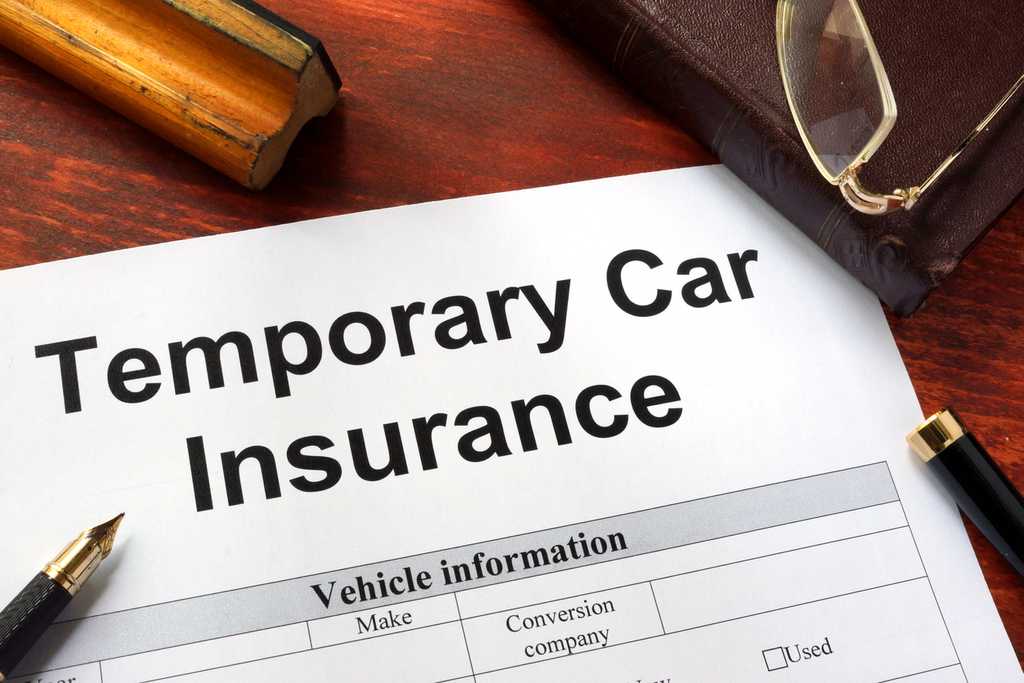Table of Contents
What is Temporary Car Insurance?
Benefits of Temporary Car Insurance
Features of Temporary Car Insurance
Who Needs Temporary Car Insurance?
How to Choose a Temporary Car Insurance Provider
Tips for Using Temporary Car Insurance
Conclusion
Temporary car insurance, also known as short-term car insurance, offers a flexible and convenient way to get car insurance for a limited period. Unlike traditional annual policies, temporary car insurance allows you to pay only for the time you need coverage, typically ranging from a few hours to a month. This can be a great option for various situations, saving you money compared to a full-year policy.
Temporary car insurance functions similarly to traditional car insurance but with a shorter coverage duration. It provides financial protection against damages caused to your car or another vehicle in an accident, as well as injuries to yourself or others, depending on the level of coverage chosen. The key difference lies in the flexibility of choosing the exact timeframe for which you need coverage.

Benefits of Temporary Car Insurance
Cost-effective: If you only need to drive a car for a short period, temporary insurance is significantly cheaper than a full-year policy.
Flexibility: You can customize the coverage period based on your specific needs, whether it’s for a day trip, borrowing a friend’s car, or driving a newly purchased vehicle home.
Convenience: Obtaining temporary car insurance is often a quick and easy process, with many providers allowing online applications and immediate coverage.
Peace of mind: Temporary insurance provides peace of mind while driving, knowing you’re financially protected in case of an accident.
Features of Temporary Car Insurance
Coverage Duration: Temporary car insurance typically covers periods ranging from a few hours to 28 days, depending on the provider. Some companies may offer limited extensions.
Driver Eligibility: Just like regular car insurance, you need a valid driver’s license to obtain temporary coverage. Age restrictions may apply, so ensure your age falls within the eligible range for the chosen policy.
Coverage Levels: Temporary car insurance offers various coverage levels, from basic third-party liability (protecting others) to comprehensive coverage (protecting both your car and others).
Claims Process: While similar to traditional car insurance, the claims process for temporary coverage might have slight variations. Make sure you understand the process outlined in your policy.

Who Needs Temporary Car Insurance?
Several scenarios make temporary car insurance a valuable option:
Occasional Drivers: If you don’t drive frequently and only need car insurance for specific occasions like borrowing a car or taking a road trip, temporary coverage can save you money.
Test Driving: When test driving a car before purchasing it, temporary insurance can provide peace of mind in case of any accidental damage.
Car Sharing: If you participate in car-sharing services, temporary insurance can be a good option when using someone else’s vehicle.
Layup Period: During periods when your car is not in regular use, such as while on vacation, you can suspend your regular car insurance and opt for temporary coverage when needed.
Newly Purchased Vehicle: Temporary insurance allows you to drive a newly purchased car home before obtaining permanent insurance.
Learner Drivers: Temporary learner driver insurance can be useful for practicing with a qualified supervisor.
How to Choose a Temporary Car Insurance Provider
Compare Quotes: Obtain quotes from different temporary car insurance providers to compare prices and coverage options.
Coverage Levels: Choose a coverage level that suits your needs and budget. Consider factors like the value of the car you’ll be driving and your risk tolerance.
Excess: The excess is the amount you’ll be responsible for paying in case of a claim. Choose an excess level you’re comfortable with, keeping in mind that a lower excess typically comes with a higher premium.
Reviews and Ratings: Read online reviews and check ratings from reputable sources to get an idea of the provider’s customer service and claims handling process.
Read the Fine Print: Carefully review the policy wording before purchasing temporary car insurance. Pay close attention to details like coverage exclusions, limitations, and the claims process.
Tips for Using Temporary Car Insurance
Select the Right Coverage Period: Accurately estimate the duration you’ll need coverage and choose a policy that matches your needs. Consider potential delays or changes in plans and extend the coverage if necessary.
Understand Exclusions: Be aware of any exclusions in your temporary policy. These could be specific types of accidents, driving under the influence, or exceeding the speed limit.
- Inform Your Primary Insurer (Optional): While not always mandatory, informing your primary car insurance provider about obtaining temporary coverage can be a good practice. This ensures transparency and avoids any potential conflicts if you need to make a claim.
- Maintain Proof of Insurance: Always carry a copy of your temporary insurance policy in your car while driving. This is required by law in most jurisdictions and will be necessary for presenting to law enforcement if pulled over.
- File Claims Promptly: In case of an accident, notify your temporary car insurance provider as soon as possible. Follow the instructions outlined in your policy regarding the claims process.
Temporary Car Insurance vs. Daily Car Rental Insurance
While both temporary car insurance and daily car rental insurance offer short-term coverage, there are key differences:
- Coverage Type: Temporary car insurance typically provides broader coverage, including liability, collision, and comprehensive, depending on your chosen level. Daily car rental insurance usually offers limited liability coverage only.
- Cost: Temporary car insurance can be cheaper than daily car rental insurance, especially if you’re using your own car. However, the cost can vary depending on factors like the car’s value, duration of coverage, and your driving record.
- Convenience: Obtaining temporary car insurance can be a quicker and more streamlined process compared to purchasing daily car rental insurance.
Temporary car insurance offers a valuable and cost-effective solution for situations requiring short-term car coverage. By understanding its features, benefits, and how to choose a provider, you can leverage this option to save money and ensure peace of mind while driving. Remember to carefully consider your specific needs, compare quotes, and choose the right coverage level for your temporary car insurance needs.